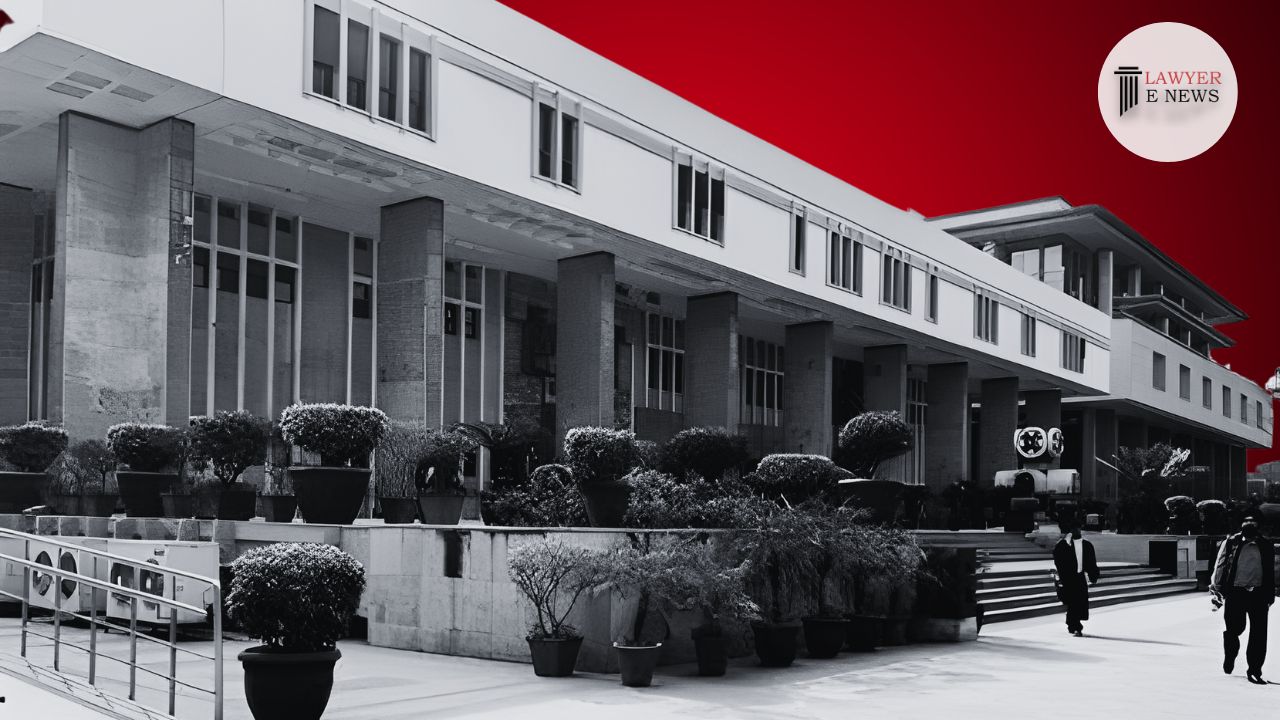-
by Admin
15 February 2026 5:35 AM



The Delhi High Court, in a judgment delivered by Justice Subramonium Prasad on May 24, 2024, dismissed a writ petition challenging the Central Information Commission’s (CIC) decision to deny the disclosure of attendance records of consultants and officers in the Santacruz Electronic Export Processing Zone-Special Economic Zone (SEEPZ-SEZ). The court emphasized the principles of forum conveniens and upheld the exemption of personal information under Section 8(1)(j) of the Right to Information (RTI) Act, 2005.
The petitioner, Binod Agarwal, had sought attendance records of consultants and officers above a certain pay grade at SEEPZ-SEZ, Mumbai, under the RTI Act. The CPIO had partially denied the request, citing Section 8(1)(j) of the RTI Act, which exempts personal information from disclosure unless justified by a larger public interest. The CIC upheld this decision, leading Agarwal to file a writ petition in the Delhi High Court, arguing for the information’s disclosure and challenging the CIC’s order.
Territorial Jurisdiction: Justice Prasad underscored the importance of territorial jurisdiction, noting that all relevant authorities and the SEEPZ-SEZ itself are located in Mumbai. Referring to the principle of forum conveniens, the court stated, “The Petitioner ought to have approached the High Court of Bombay for redressal of his grievances since that was the forum conveniens as the office of SEEPZ-SEZ is situated in Mumbai.” This established that the Delhi High Court was not the appropriate forum for the case.
Right to Information and Exemption of Personal Information: The court detailed the legislative framework of Section 8(1)(j) of the RTI Act, which exempts personal information from disclosure unless justified by larger public interest. The judgment cited precedents from the Supreme Court, including the cases of Subhash Chandra Agarwal and Girish Ramchandra Deshpande, to define the scope of personal information. “Personal records, including professional records and performance evaluations, are protected from unwarranted invasion of privacy unless public interest demands disclosure,” the court noted.
The judgment articulated that the information sought by the petitioner—attendance records of consultants—constituted personal information. The court affirmed the Central Public Information Officer’s (CPIO) procedure of seeking consent from the consultants under Section 11 of the RTI Act, noting that some consultants objected to the disclosure. Justice Prasad remarked, “The Petitioner has been unable to demonstrate the overarching public purpose which will be served by supplying the information which is being sought.”
Justice Prasad stated, “In the absence of any public interest, the CPIO of a public authority has no obligation to divulge such information.” Furthermore, the court took judicial notice of the petitioner’s status as a disgruntled employee, suggesting that the RTI application might be motivated by personal vendetta rather than genuine public interest.
The Delhi High Court’s dismissal of the writ petition underscores the judiciary’s commitment to protecting personal information from unwarranted invasion of privacy under the RTI Act. By affirming the CIC’s decision and emphasizing territorial jurisdiction, the judgment reinforces the principles of forum conveniens and privacy in RTI cases. This decision is anticipated to influence future RTI applications involving personal information and jurisdictional considerations.
Date of Decision: May 24, 2024
Binod Agarwal v. The CPIO and Ors.
